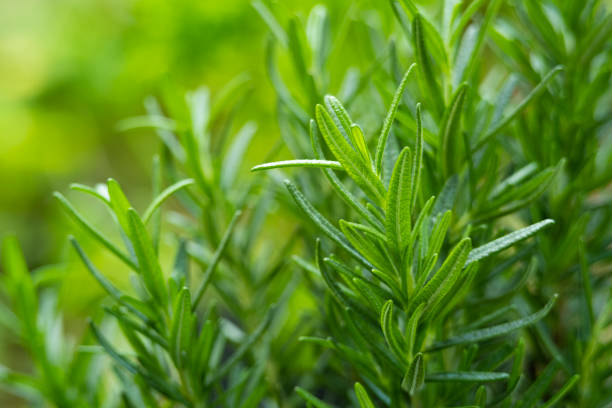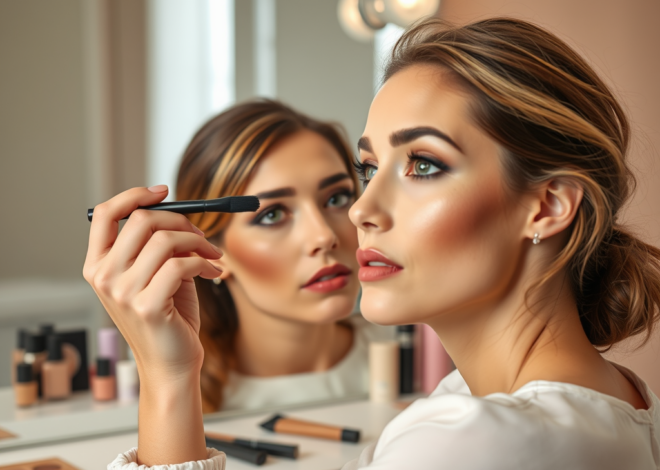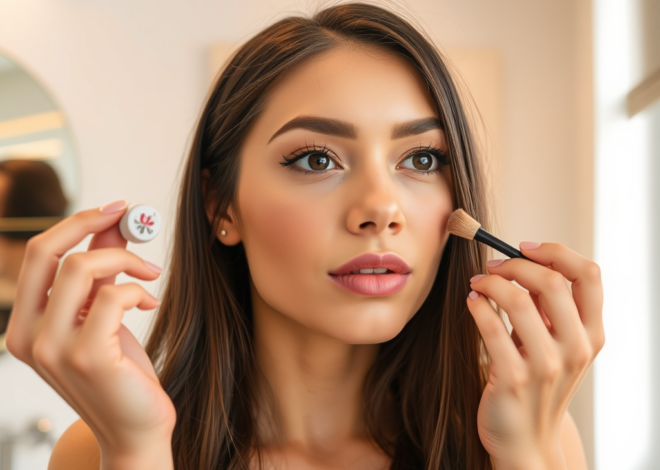
Rosemary Benefits for Hair and Skin: The Ultimate Guide to Natural Health
Is Rosemary the ultimate herb for hair and skin health? The answer is a resounding yes! This aromatic herb is not just a kitchen staple but serves as a potent remedy for various hair and skin issues. Packed with antioxidants, anti-inflammatory properties, and essential nutrients, rosemary can be your go-to solution for achieving vibrant hair and glowing skin.
The Nutritional Powerhouse: What Makes Rosemary Special?

Rosemary is rich in essential oils, vitamins, and minerals that make it a nutritional powerhouse. The herb contains high levels of calcium, iron, and vitamin B6, which are crucial for hair and skin health. Its antioxidant properties help combat the damaging effects of free radicals, thereby preventing premature aging. Additionally, rosemary’s anti-inflammatory properties can reduce swelling and redness, making it beneficial for sensitive and acne-prone skin.
The essential oils in rosemary, including rosmarinic acid, offer antimicrobial benefits that help in maintaining a healthy scalp by eliminating dandruff and other scalp infections. These properties make rosemary an indispensable ingredient in many hair and skincare products.
How Rosemary Benefits Hair Health
Rosemary is renowned for its ability to enhance hair health in multiple ways. First and foremost, it stimulates blood circulation in the scalp, encouraging hair growth and preventing hair loss. The herb’s antiseptic qualities help cleanse the scalp, reducing issues like dandruff and scalp irritation. Furthermore, rosemary improves hair texture by strengthening the hair follicles, leading to reduced breakage and thinning.
Below are some key benefits of rosemary for hair health:
- Stimulates hair growth and prevents hair loss
- Reduces dandruff and scalp irritation
- Strengthens hair follicles for better hair texture
- Acts as a natural conditioner
- Adds shine and luster to hair
Improving Skin Health with Rosemary
Rosemary offers a myriad of benefits for skin health. Its antiseptic and anti-inflammatory properties make it ideal for treating acne and other skin irritations. The herb helps in detoxifying the skin by removing impurities and stimulating cell regeneration, resulting in a brighter, more youthful complexion.
Moreover, rosemary’s essential oils can tighten sagging skin and improve elasticity, making it a popular ingredient in anti-aging products. The herbs’ antioxidants protect against environmental stressors, thus preventing premature aging and maintaining skin’s suppleness.
Easy DIY Remedies Using Rosemary
Incorporating rosemary into your beauty routine is simple and effective. You can create various DIY remedies using fresh or dried rosemary leaves, rosemary essential oil, or rosemary-infused water. For instance, a rosemary hair rinse can be made by boiling fresh rosemary in water, letting it cool, and rinsing your hair with the mixture to boost shine and reduce dandruff.
Another effective remedy is a rosemary face toner. You can mix a few drops of rosemary essential oil with witch hazel and distilled water to make a refreshing and antibacterial toner. Regular use can help cleanse the skin, reduce acne outbreaks, and tighten pores.
Conclusion
Rosemary is indeed the ultimate herb for hair and skin health. With its rich nutrient profile, antioxidant, and anti-inflammatory properties, this versatile herb offers numerous benefits. From stimulating hair growth and reducing scalp issues to detoxifying the skin and preventing premature aging, rosemary serves as a holistic solution for both hair and skin care. Adding rosemary to your beauty regimen can deliver significant improvements, making you look and feel your best.
FAQ
1. Can rosemary help with hair loss?
Yes, rosemary can help with hair loss by stimulating blood circulation in the scalp, which encourages hair growth and strengthens hair follicles.
2. How can I use rosemary for acne treatment?
You can use rosemary essential oil diluted with a carrier oil or make a rosemary toner with witch hazel and distilled water. These applications help reduce acne outbreaks and cleanse the skin.
3. Is rosemary safe for sensitive skin?
Yes, rosemary is generally safe for sensitive skin due to its anti-inflammatory and antiseptic properties. However, it’s always a good practice to do a patch test before using it extensively.
4. Can I use fresh rosemary leaves directly on my skin?
While it’s possible to use fresh rosemary leaves in DIY remedies such as face masks or rinses, extracting its essential oils or making an infusion is often more effective and ensures better absorption.
5. How often should I use rosemary in my hair and skincare routine?
For best results, you can incorporate rosemary into your routine 2-3 times a week. Overuse may lead to irritation, so it’s essential to monitor your skin and hair’s response to the herb.


